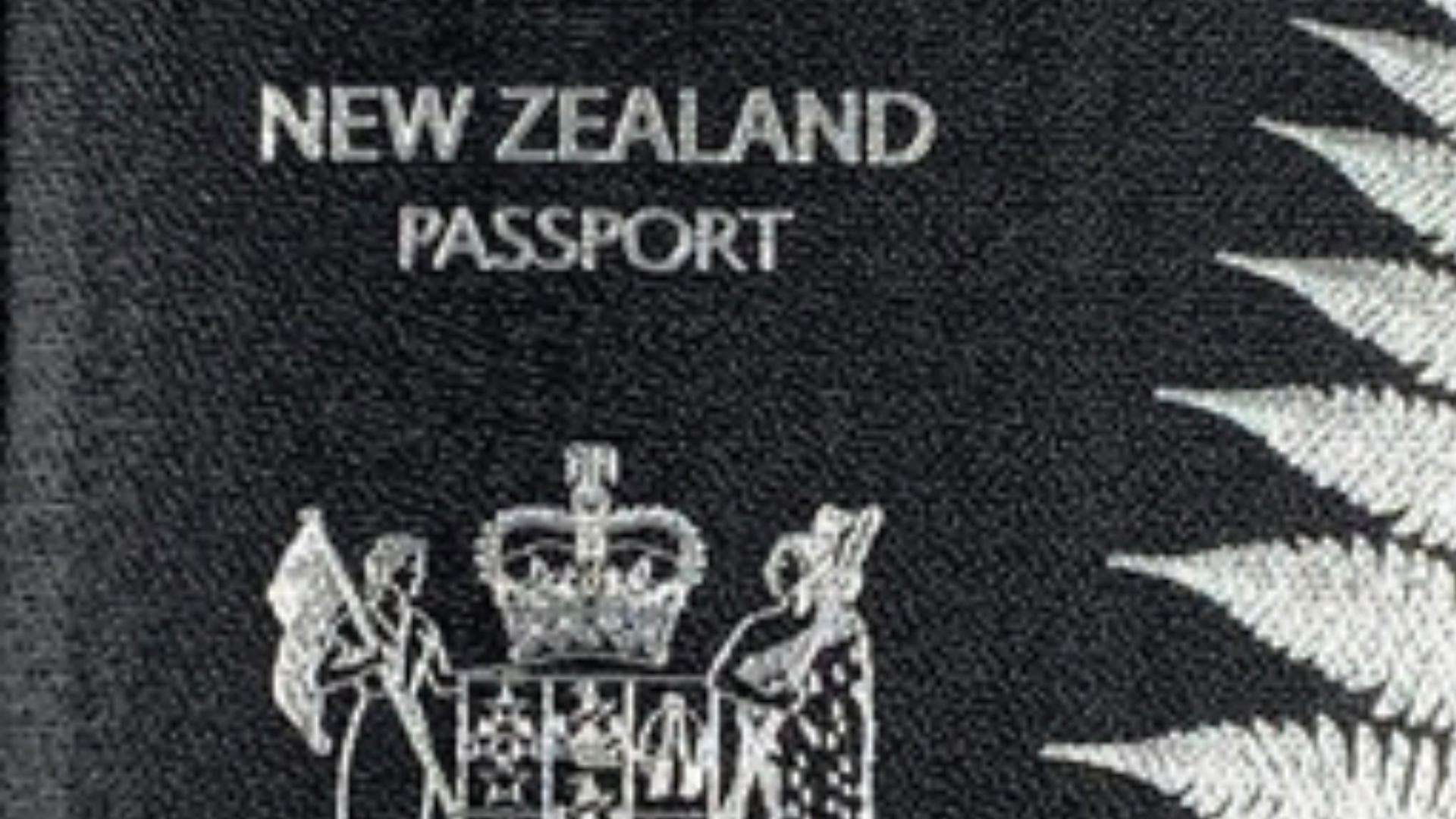Lifestyle
New Zealand Passport Ranks Sixth Globally in Mobility Index

The New Zealand passport has been recognised as one of the most powerful in the world, achieving joint sixth place on the latest Henley Passport Index. This ranking, released in mid-October 2023, evaluates passports based on the number of destinations their holders can visit without a prior visa. New Zealand citizens enjoy visa-free access to 186 destinations, placing the country alongside Greece, Hungary, Norway, Portugal, and Sweden.
The Henley Passport Index analysed 199 different passports and 227 travel destinations to determine global mobility rankings. Despite its strong overall score, New Zealand ranked 73rd in openness, sharing this position with Benin, Ghana, and Guyana. This indicates a disparity where New Zealanders can travel freely to many nations, yet only 61 countries allow visa-free access to New Zealand passport holders in return.
Experts point out that this trend is not unique to New Zealand. Similar patterns are observed in other developed nations, including Australia, Canada, the United States, and Japan. According to reports from 1News, the global ranking is reflective of shifting international relations and reciprocal agreements.
Global Rankings and Mobility Trends
Singapore retained the top position on the index, offering its citizens visa-free access to 193 destinations. Following Singapore are South Korea with 190 and Japan with 189. New Zealand’s immediate neighbour, Australia, ranked just below, sharing seventh place with Czechia, Malta, and Poland, each scoring 185.
At the low end of the index, Afghanistan remains the lowest-ranked country, with access to just 24 destinations, followed closely by Syria at 26 and Iraq at 29.
The United States, once a dominant force in passport strength, fell outside the top ten for the first time, now ranking 12th alongside Malaysia, both scoring 180. This decline is attributed to shifting global travel dynamics and reduced reciprocity. Dr. Christian H. Kaelin, chairman of Henley & Partners and creator of the index, noted that the weakening US ranking “signals a fundamental shift in global mobility and soft power dynamics.” He emphasised that nations embracing openness are advancing, while those relying on past privileges lag behind.
Implications of Rankings
Annie Pforzheimer, senior associate at the Centre for Strategic and International Studies, linked the decline in US passport strength to internal political changes. “Even before a second Trump presidency, US policy had turned inward. That isolationist mindset is now being reflected in America’s loss of passport power,” she stated.
The United Kingdom also saw a drop, reaching its lowest-ever position, now tied for eighth place with a score of 184. Meanwhile, China has made significant strides, climbing from 94th place in 2015 to 64th in 2025. Dr. Tim Klatte of Grant Thornton China indicated that this improvement has “significant geopolitical implications,” reflecting the nation’s increasing global engagement.
The Henley Passport Index is released quarterly and serves as a key benchmark for global mobility. It provides insights into countries’ diplomatic relations, international cooperation, and their soft power influence. As nations continue to navigate complex geopolitical landscapes, the implications of these rankings will remain significant for global travel and international relations.
-

 World3 months ago
World3 months agoTest Your Knowledge: Take the Herald’s Afternoon Quiz Today
-

 Sports3 months ago
Sports3 months agoPM Faces Backlash from Fans During Netball Trophy Ceremony
-

 Lifestyle3 months ago
Lifestyle3 months agoDunedin Designers Win Top Award at Hokonui Fashion Event
-

 Sports3 months ago
Sports3 months agoLiam Lawson Launches New Era for Racing Bulls with Strong Start
-

 Lifestyle3 months ago
Lifestyle3 months agoDisney Fan Reveals Dress Code Tips for Park Visitors
-

 Health3 months ago
Health3 months agoWalking Faster Offers Major Health Benefits for Older Adults
-

 World4 months ago
World4 months agoCoalition Forms to Preserve Māori Wards in Hawke’s Bay
-

 Politics3 months ago
Politics3 months agoScots Rally with Humor and Music to Protest Trump’s Visit
-

 Top Stories4 months ago
Top Stories4 months agoUK and India Finalize Trade Deal to Boost Economic Ties
-

 Entertainment3 months ago
Entertainment3 months agoExperience the Excitement of ‘Chief of War’ in Oʻahu
-

 World4 months ago
World4 months agoHuntly Begins Water Pipe Flushing to Resolve Brown Water Issue
-

 Science3 months ago
Science3 months agoNew Interactive Map Reveals Wairarapa Valley’s Geological Secrets









